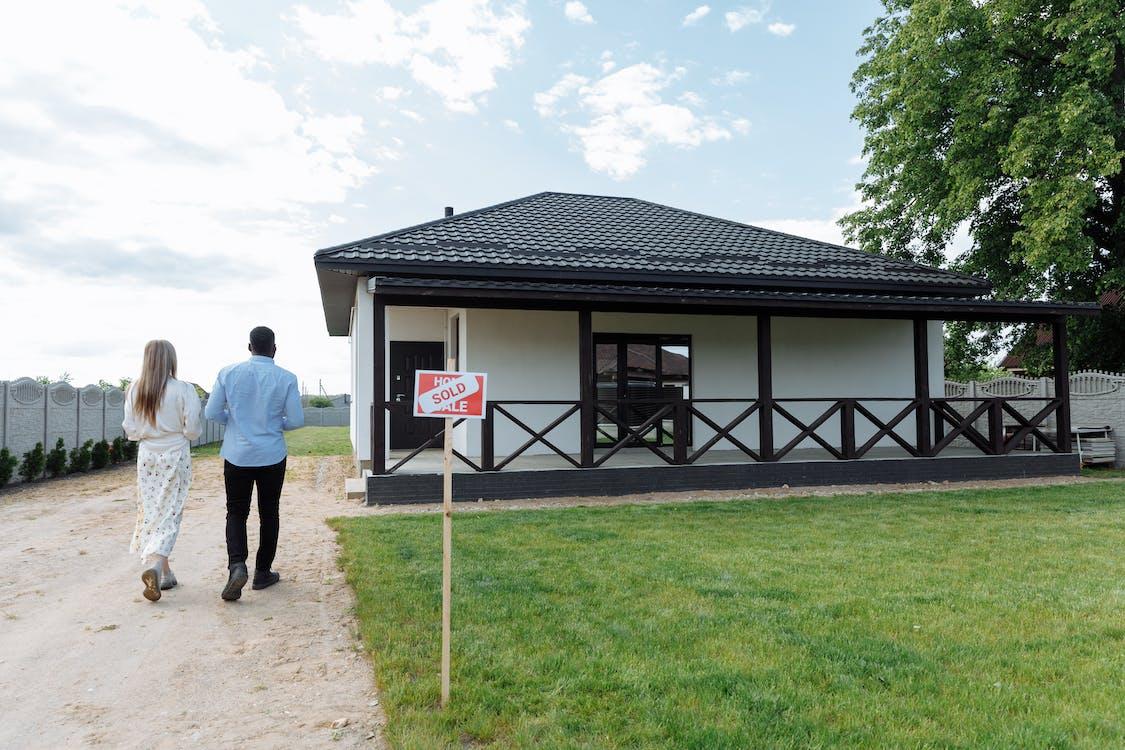Residential property transactions in the UK grew 28% in June 2023 compared to May 2023. Statistics also reveal that the UK was Europe’s second-largest commercial real estate market in 2022. With the growing real estate market, there is a rising need for accurate property valuation.
When it comes to property valuation, various factors come into play, such as location, size, condition, amenities, and market trends. Whether you are a buyer or seller, you must understand these factors to evaluate property value efficiently.
This article highlights the key factors and market trends influencing the value of a property.
Table of Contents
Key Factors Influencing Property Value
Consider these factors when evaluating a property’s value for making the most of property investment opportunities in the UK and other parts of the world.
#1: Location
The most critical factor in determining property value is its location. The straightforward rule is that properties located in prime locations with well-maintained neighbourhoods have a higher value than others.
For instance, you might find property investment opportunities in Birmingham valued higher than the rest of the UK as it is a known up-and-coming area. Similarly, within Birmingham, properties in a desirable area would have a higher value than the others.
#2: Size and Layout
The idea of size and its impact on value is simple. Larger properties usually have a higher value if they are well-maintained. Along with size, the layout of the property is also important. The number of bedrooms and bathrooms, storage space, and the overall functionality of the structure can influence the value.
Buyers usually prefer properties with a seamlessly flowing layout, well-defined rooms and living areas, and good storage space. Value for such properties is generally higher.
#3: Overall Condition
The property’s overall condition and curb appeal can significantly affect its value, especially for buy-to-let properties. If you are looking for a Manchester buy-to-let investment, you will find the ones with no significant structural or repair and maintenance issues valued higher.
The reason is simple: the better the property’s condition, the less the buyer will spend on it before renting it out. Similarly, buyers are ready to pay a premium price for move-in-ready properties to escape the additional monetary and time investment on poor-condition properties.
#4: Property Type
The property type is important for defining its investment potential and value. For instance, commercial properties are valued higher than residential properties. Similarly, single-family homes are usually valued higher than multi-family properties.
Valuation also varies depending on the investment potential of different property types. Capital growth and expected rental income can make certain properties valued higher.
Impact of Market Trends on Property Valuation
Market trends have a significant impact on the value of a property. A keen eye on market conditions and predicting future trends can help you accurately determine a property’s value.
The rule of thumb for the impact of market trends on property valuation lies in the laws of demand and supply. Property markets with high demand but limited supply tend to have higher property valuations and vice versa. The overall economic condition is a major player in determining demand in any location.
Wrapping Up
Determining property value is the basis for profitable property investment. Remember that all the factors discussed above are interrelated and contribute to the property’s overall worth. Whether you are buying a property or selling it, you must consider all important aspects to determine the value of a property and maximise it accurately.
Frequently Asked Questions
What are the factors that influence the value of a property?
The key factors that influence the value of a property include location, size and layout, overall condition, and property types. Besides these factors, market conditions and trends also play a significant role in determining property value.
How do you evaluate a property market?
To evaluate a property market, you must compare similar properties in the same market. The key areas to focus on when comparing properties include price, size, condition, and property type. Comparing similar properties will give you a better idea of the market trends.
How do you determine the market value of a property in the UK?
To determine the market value of a property in the UK, you can adopt different methods. They include:
- Comparing similar properties in a market
- Considering local and national property market trends
- Researching the local area
- Hiring a real estate agent to calculate the price
What is the trend in the real estate market in the UK?
Currently, there is a growing demand for housing properties around big cities in the UK. Due to increasing demand and limited supply, there is a surge in the prices of residential properties.
What brings down the value of a house in the UK?
Poor property conditions and major structural and serious repair issues can bring down the value of a house in the UK. A home that has poor curb appeal and has property damage significantly loses its value. However, these issues are repairable, and proper maintenance can help restore the property’s original value.





